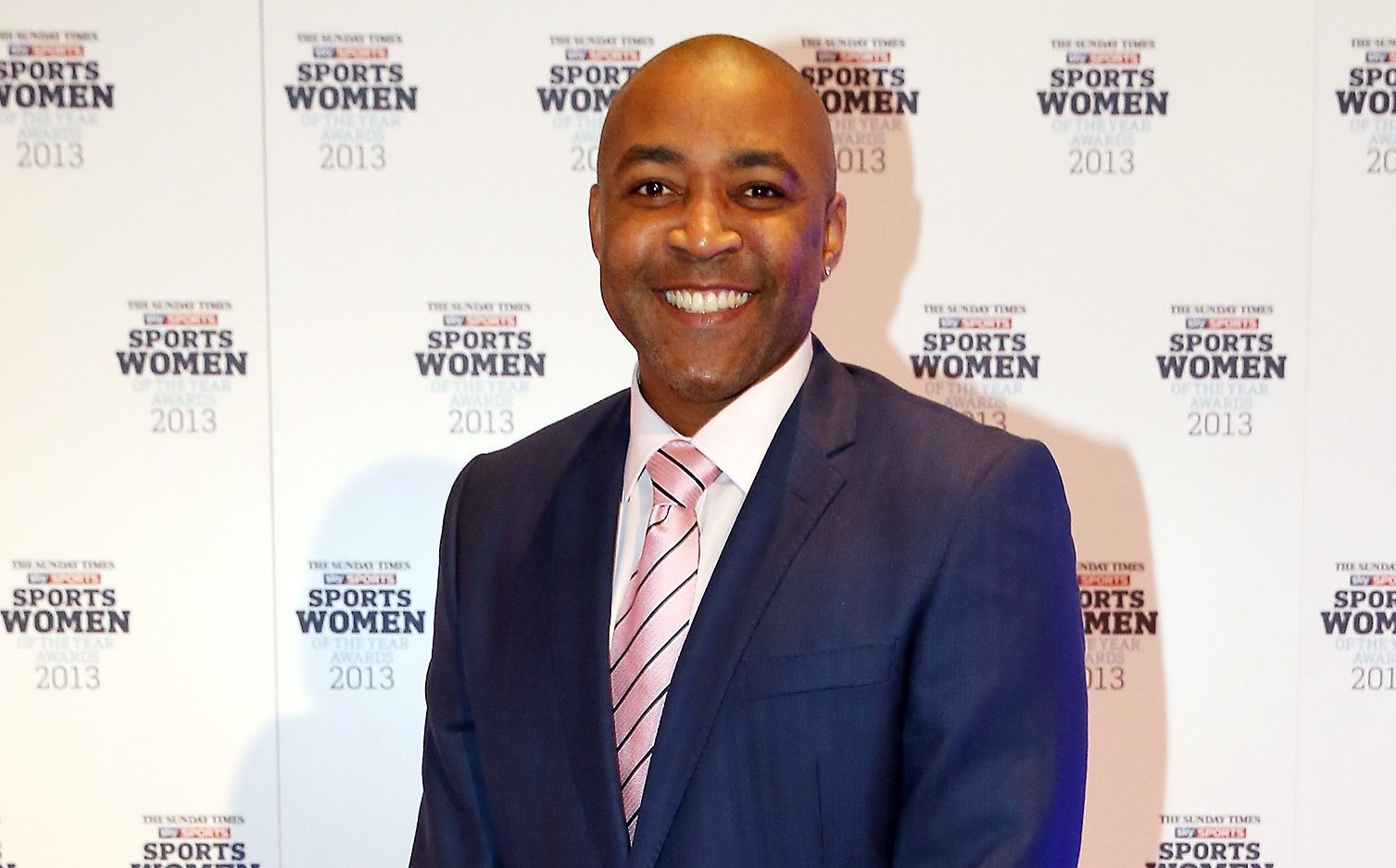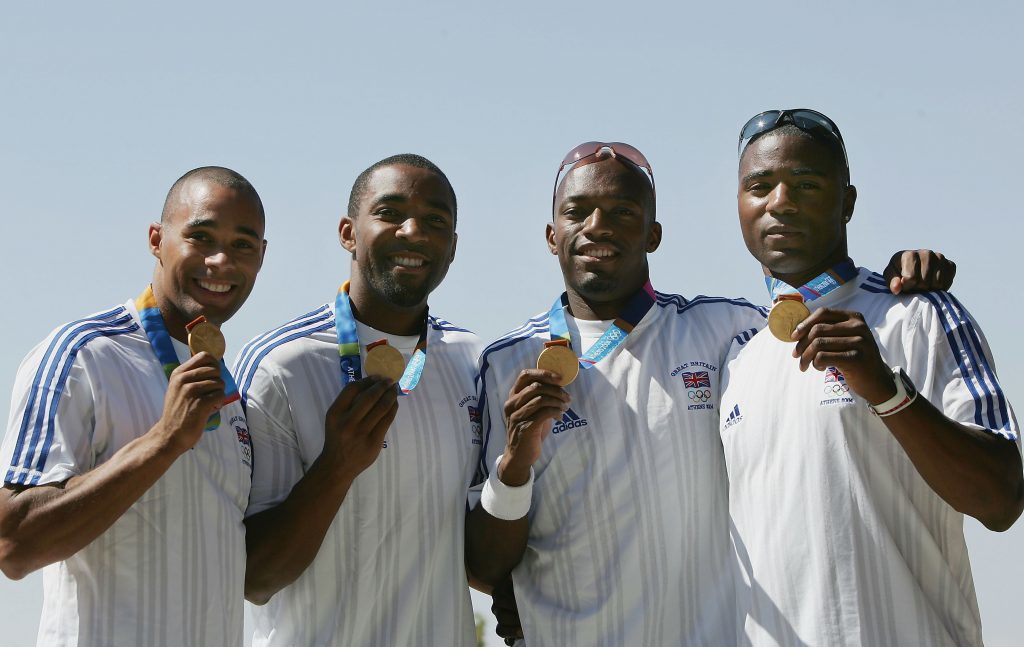
FED up with athletics, sprinter Darren Campbell left to play professional football and work for an insurance company.
He returned triumphantly, eventually winning Olympic gold in Athens.
He is still the European relay record holder and now coaches young sprinters and footballers. Get Inspired With Darren Campbell is on BBC Radio Five Live on Thursday at 7.30pm.
As an athlete were you generous with your time?
Trying to be the fastest runner in the world is totally self-absorbing. You focus completely on yourself, not on relationships or other people. It’s only now that I’m retired I realise how selfish I was.
Do today’s athletes have things easier?
Well there’s much more funding available for them and there’s more attention to detail in coaching. But I’m not jealous.
Not even a little bit?
Wanting to alter things has ramifications. My son asked whether I wish I’d stayed with football. Then he said: ”But if you had I might not have been born.” He’s only 12 and he gets it.
Were you a better footballer or insurance salesman?
(Laughs). Ha ha. I love that question. I was definitely a much better insurance salesman than a footballer.
Any observations from being in Rio this year?
Today’s athletes have more funding, but the amount of simple, hard work hasn’t changed and not everyone can hack it. How many people want a job where you face pain every day?
Are the public aware of the benefits of fitness now?
I own a nutrition company and we did a tasting in a supermarket. I was stunned by people’s knowledge of food and how well informed they are. I put that down to social media.
How do you feel about a life spent chasing gold?
It was never about the medal. It was about showing people that a child from a single parent family living on a council estate could make something of himself.
Have all life’s highs and lows been sport-based?
No. They’re nothing to do with medals or sport. My highs were the births of my kids, and the low would be splitting with my partner shortly after my first child was born.
How do you teach young athletes to face adversity?
In my first big relay race I dropped the baton, later I had a medal taken away, but eventually I won Olympic gold. I tell them it’s about never giving up.
You have 24 hours left to live. How do you spend the time?
I would go to a beach somewhere and enjoy my own space with a brandy and a cigar, watching a full moon. At the end I’d say: “Darren, you gave it your all. You did OK.”
READ MORE
Landward host and Deacon Blue drummer Dougie Vipond answers our 10 questions

Enjoy the convenience of having The Sunday Post delivered as a digital ePaper straight to your smartphone, tablet or computer.
Subscribe for only £5.49 a month and enjoy all the benefits of the printed paper as a digital replica.
Subscribe